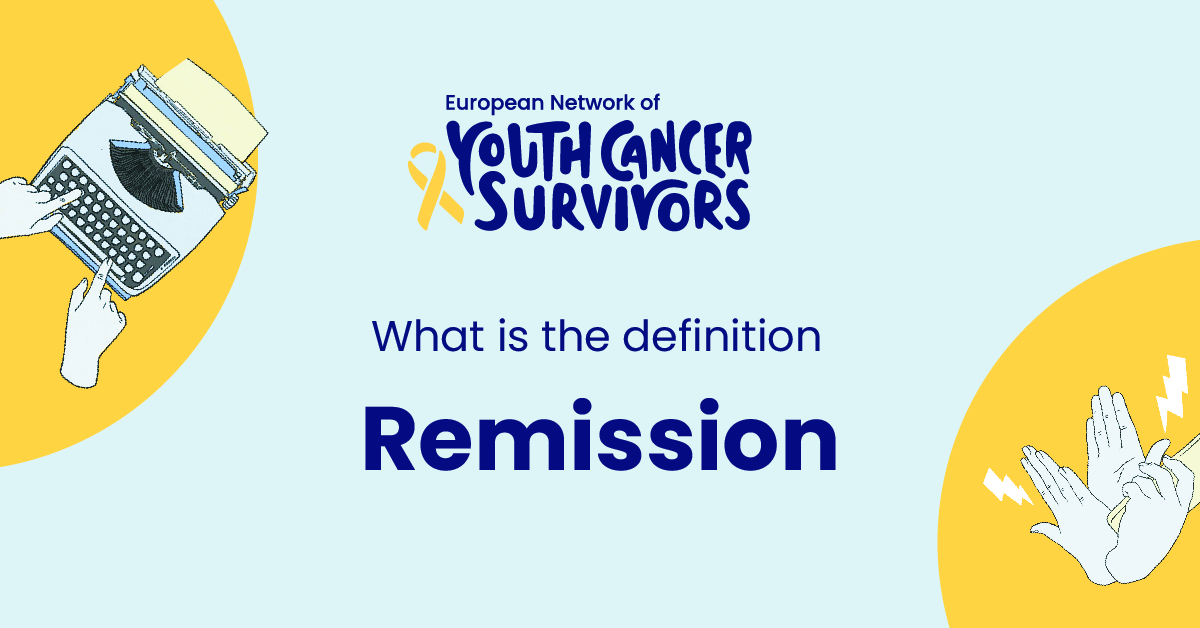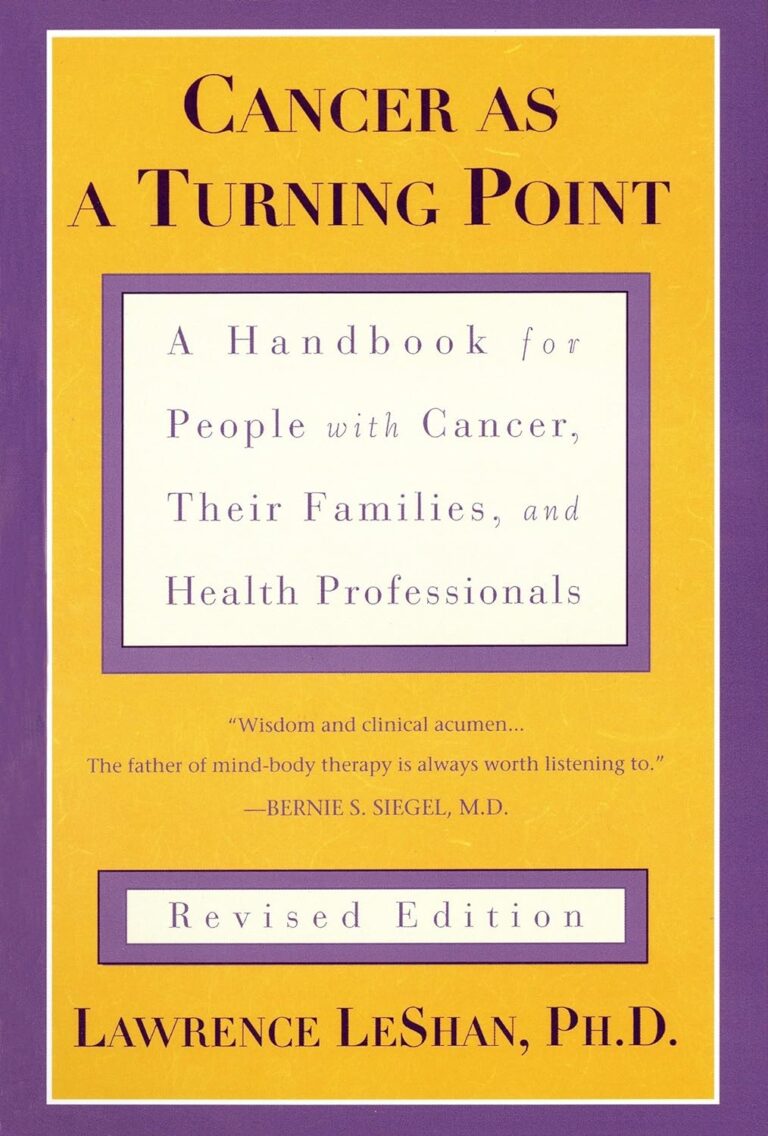
One of the most important aspects of navigating the healthcare system is understanding the medical terms, especially when dealing with chronic diseases. One such term that many come across but few understand fully is ‘Remission’. The aim of this article is to throw light on this complex term and provide a comprehensive guide on its many facets.
The Importance of Understanding Medical Terms like Remission
Understanding medical terms like ‘Remission’ is crucial when dealing with health issues, particularly long-term illnesses like cancer. It provides clarity, helps patients comprehend their situation better, and empowers them to make informed decisions about their healthcare.
Purpose of the Article
This article aims to define remission, discuss its different types, explain the role of medical professionals in diagnosing remission, and explore life in remission, including possible lifestyle adjustments and strategies for staying in remission.
Defining Remission
Straightforward Definition of Remission
In simple terms, remission refers to the reduction or disappearance of the signs and symptoms of a disease. This doesn’t necessarily mean that the disease is cured or entirely gone, just that it is inactive or under control at the current time.
Breaking Down the Meaning
Remission originates from the Latin term ‘remittere’, meaning ‘to send back’. In medical terminology, it suggests a retreat of disease symptoms, a stage where the illness is controlled or temporarily inactive.
Types of Remission
Partial Remission
In partial remission, some, but not all, signs and symptoms of a disease have disappeared. For cancer patients, this generally means a significant reduction (at least 50%) in the size of the tumor or in the number of cancer cells.
Complete Remission
Complete remission, also known as ‘No Evidence of Disease’ or NED, means that all observable signs and symptoms of the disease have disappeared. This does not conclusively imply a cure, as some undetectable cancer cells may still be present.
Spontaneous Remission
Spontaneous remission, though rare, refers to cases where a disease disappears without any treatment or with treatment considered inadequate to produce the observed result. It is most often seen in immune, infectious, and hematologic diseases.
The Process of Diagnosing Remission
Medical Tests and Procedures
Remission is not a self-diagnosis; it requires comprehensive medical tests to ascertain the level of disease activity. These tests could include blood tests, imaging tests, physical exams, or procedures like biopsies.
Role of Doctors and Medical Professionals
Medical professionals play a pivotal role in monitoring your progress, conducting appropriate tests, and eventually diagnosing remission. It is essential to maintain open communication with your healthcare providers, understanding your symptoms and test results.
Understanding Your Test Results
Understanding your test results can be overwhelming, but patients must know the implications of their test results. It promotes active participation in their care and empowers them to make informed healthcare decisions.
Get to know us better
If you are reading this, you are in the right place – we do not care who you are and what you do, press the button and follow discussions live

Living in Remission
The Emotional Aspect of Being in Remission
Entering remission can bring a wave of emotions – relief, joy, anxiety, and fear all tangled together. Living in remission can also bring up feelings of uncertainty about the future. Professional counseling and a strong support network can help navigate this journey.
Lifestyle Adjustments
Patients in remission may need to make lifestyle adjustments, including maintaining a balanced diet, regular exercise, stress management, and regular medical checks. These changes can promote prolonged remission and overall health.
Strategies for Staying in Remission
Each person’s journey in remission is different. Still, some strategies can help maintain remission, such as following treatment plans, going for regular check-ups, maintaining a healthy lifestyle, and monitoring for any symptom changes.
Being Mindful of Recurrence
Difference between Remission and Cure
While remission indicates a decrease or disappearance of disease symptoms, a cure means the disease has been entirely eradicated. Patients in remission, particularly complete remission, may feel “cured,” but the disease can still recur, which brings us to the importance of regular check-ups and health monitoring.
Signs of Potential Recurrence to Be Aware Of
Some signs that can indicate potential recurrence include the return of the original symptoms, unexplained weight loss, constant fatigue, and unexplained pain. Any such changes should prompt an immediate visit to your doctor.
Regular Check-Ups and Health Monitoring
Staying vigilant by regularly monitoring your health and going for routine check-ups, even while in remission, is crucial. It ensures early detection if the disease does return, allowing immediate treatment and a better prognosis.
Conclusion
The Role of Hope in Remission
Hope plays a crucial role when living in remission. It encourages patients to live their life to the fullest, helps them stay resilient during tough times, and contributes to a positive outlook fostering physical well-being.
Encouragement for Continuing Care and Vigilance
Being in remission is not a cue to become complacent about your health. Regular medical check-ups, a healthy lifestyle, and continued vigilance are necessary to stay in remission and stay healthy. Keep hope alive, enjoy life, but always be aware of the potential risks and keep in touch with your medical team.
FAQs:
- Does remission mean I am Cancer-Free?
Remission means that the signs and symptoms of your cancer are reduced or have disappeared. It does not necessarily mean the disease has been entirely eradicated from the body.
- Can I stop treatment when I am in remission?
It is essential to follow your doctor’s advice. Some situations may require maintenance therapy or intermittent treatment to prevent the disease from coming back, despite being in remission.
- How often should I go for check-ups when in remission?
The frequency of medical check-ups depends on your particular situation and the type of disease. Your doctor will provide the best advice based on your health status.
- What lifestyle changes can help me stay in remission?
Healthy eating habits, regular exercise, effective stress management techniques, avoiding activities that can trigger the disease, and consistent medical check-ups can all contribute to maintaining remission.
- Is recurrence common after remission?
The risk of recurrence varies greatly based on the type and stage of the disease. Regular surveillance can help in early detection and treatment of a recurrence.

















Comments
Thank you. Comment sent for approval.
Something is wrong, try again later